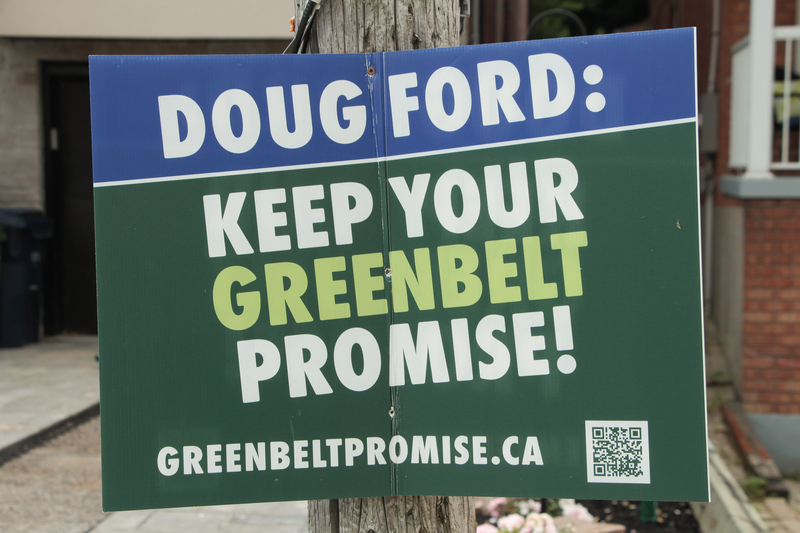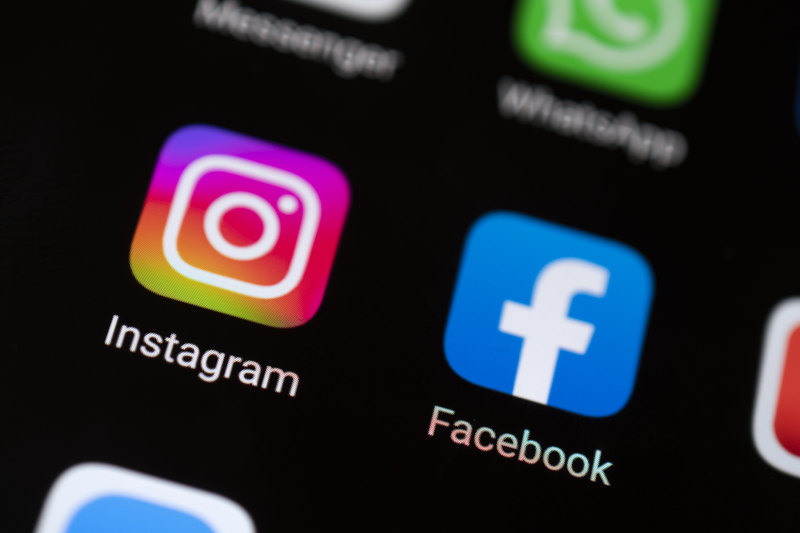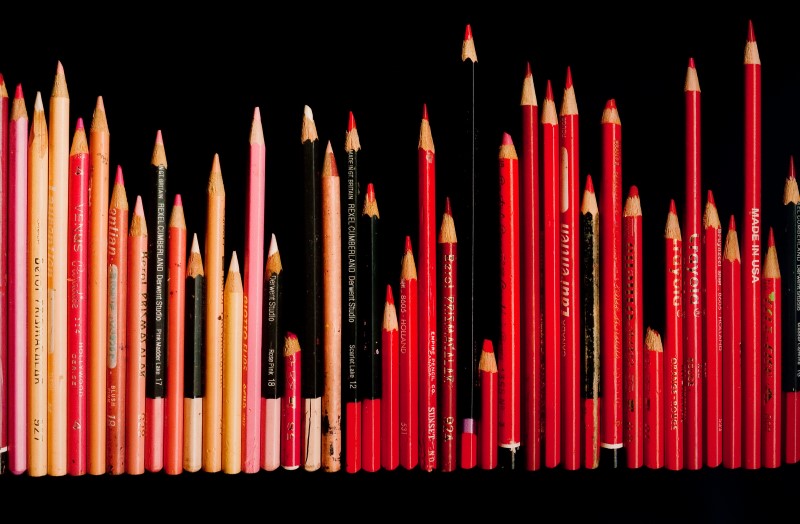Even if you don't have a phone or your own device, chances are that you've probably used one of these before.
![]()
A thumbs-up emoji!
It's a simple way to quickly say all sorts of things, such as, "I agree", "You bet", "I like this", or "No problem". As we use texting and social media more and more to communicate, emojis like 'thumbs up' are being used to mean more and more things.
And now, according to a judge in Saskatchewan, the thumbs up can be used to sign a legal contract.
Not everyone is happy about this, particularly not flax farmer Chris Achter. Because of this ruling, he has been ordered to pay over $82,000 to a grains buyer named South West Terminal (SWT) after he failed to deliver an order of flax. According to SWT, they believed Achter was going to send the flax because he had used a thumbs up to respond to a text.
Okey dokey? Or not?
Flax is a common crop with many uses. (Getty Embed)
Here's what seems to have happened.
SWT sent a contract to order flax over text to Achter. They said that they had used texts to make orders at least times a few times in the past, and that Achter had confirmed those contracts by simply replying with stuff like, "yup", "ok", or "looks good".
But this time, when SWT texted "Please confirm flax contract", Achter texted back the thumbs up.
According to Achter's statements in court, he only meant the emoji to communicate that "I received the Flax contract. It was not a confirmation that I agreed with the terms of the Flax Contract."
But based on their past interactions, SWT took it to mean that the order was placed and confirmed. Then, when the flax never arrived, they claimed that they lost money because they didn't have enough flax to then sell to their own customers. (A grains buyer buys produce from farmers, then sells it to others who want them.)
This is why the judge is making Achter pay SWT all of that money.
Be sure what you're saying
Normally, a contract like this flax contract would need to be officially signed with a signature to be legally binding. (A 'legally binding' agreement is one that can be challenged in a court if someone fails to live up to some part of the terms.)
But in Judge T.J. Keene's ruling on the case, he said that "the signature requirement was met by the thumbs-up emoji originating from Chris (Achter) and his unique cell phone."
This is a pretty big deal. Many of us see emojis as casual, even silly and just for fun. But they are also used in place of written words to carry on real conversations. This ruling says that this means that they can be used to agree to legal contracts.
It is a reminder of how language and communication are always changing! If you'd like to learn more about this topic, check out our recent OWLconnected General KnOWLedge video on how words are chosen for the dictionary. There's more to it than you might think!
 We use thumbs-up and -down for all sorts of things. So does this mean they are real language, like words? (ID
198357543
© Igoriss
|
Dreamstime.com)
We use thumbs-up and -down for all sorts of things. So does this mean they are real language, like words? (ID
198357543
© Igoriss
|
Dreamstime.com)








